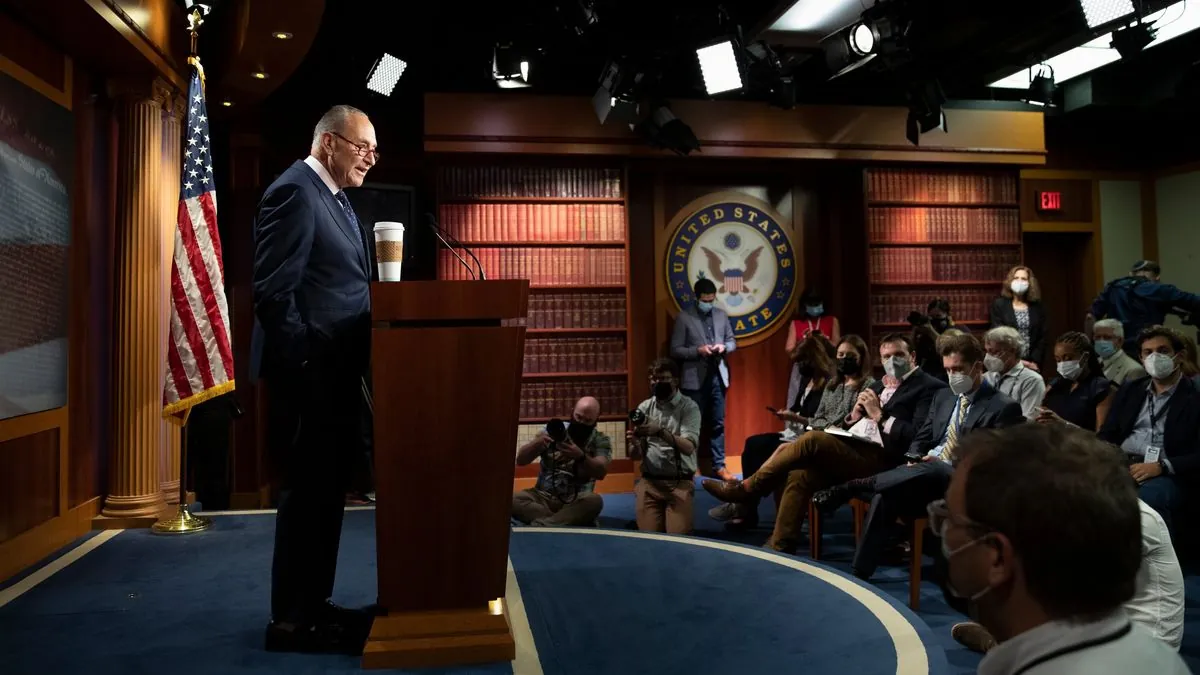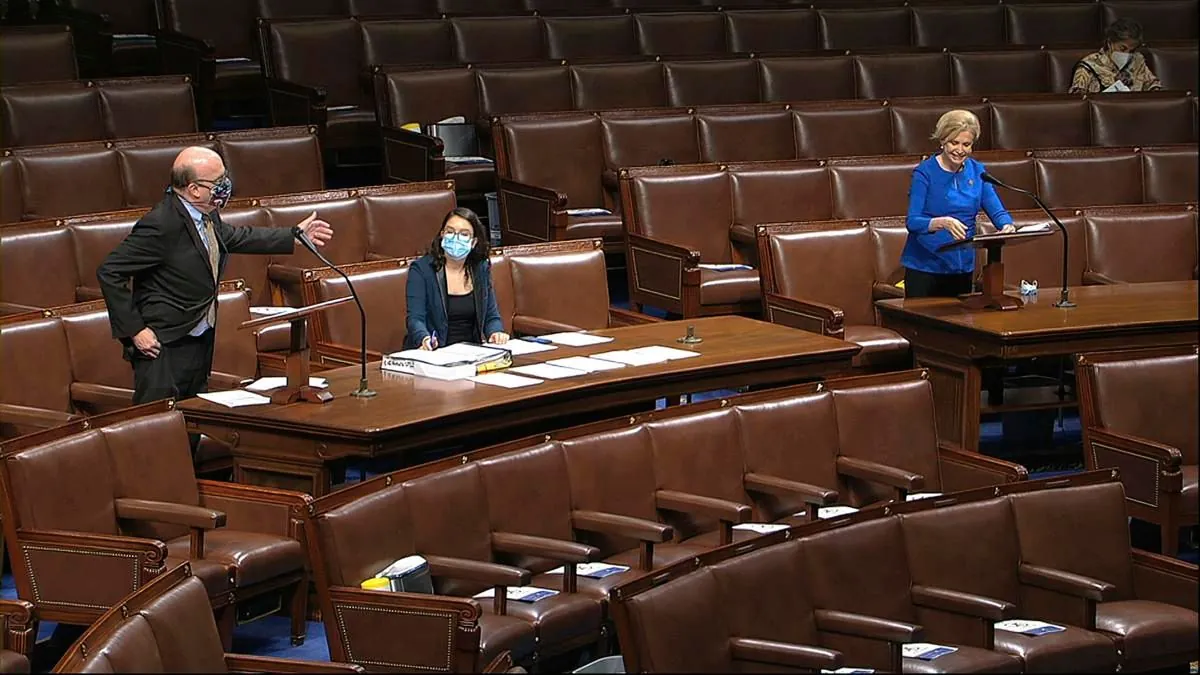GOP's Funding Bill Sparks Controversy with Citizenship Requirement
House Republicans propose government funding extension with contentious citizenship proof for voter registration. Senate Democrats warn of increased shutdown risk due to partisan approach.

In a bid to avert a partial government shutdown, House Republicans have introduced legislation to extend funding until late March 2025. The proposal, unveiled on September 6, 2024, includes a controversial requirement for states to obtain proof of citizenship during voter registration.
Mike Johnson, Speaker of the House, emphasized the importance of this measure, stating:
"Today, House Republicans are taking a critically important step to keep the federal government funded and to secure our federal election process. Congress has a responsibility to do both, and we must ensure that only American citizens can decide American elections."
However, Senate Democrats, led by Majority Leader Chuck Schumer and Appropriations Committee Chair Patty Murray, have expressed strong opposition to the partisan approach:
"If Speaker Johnson drives House Republicans down this highly partisan path, the odds of a shutdown go way up, and Americans will know that the responsibility of a shutdown will be on the House Republicans' hands."
The proposed legislation aims to fund government agencies at current levels until March 28, 2025, just over six months from now. It also allocates additional funds for Inauguration Day security and $10 billion for the Federal Emergency Management Agency's disaster relief fund.

The inclusion of the citizenship requirement for voter registration has become a significant point of contention. Proponents argue it would enhance confidence in the federal election system, while opponents claim it could disenfranchise millions of Americans who may not have immediate access to necessary documents.
This debate occurs against the backdrop of the U.S. appropriations process, which typically involves 12 regular appropriations bills each fiscal year. With the new fiscal year set to begin on October 1, 2024, lawmakers are under pressure to reach an agreement to prevent a government shutdown.
The House Freedom Caucus, a group of conservative Republican representatives, has been instrumental in pushing for the citizenship requirement and extending funding into early 2025. This approach aligns with their anticipation of a potential Republican presidential victory in the upcoming election.
As lawmakers return from their August recess, the path forward remains uncertain. If the House passes this bill, its fate in the Senate is questionable, given the Democrats' opposition. The situation underscores the ongoing challenges in the U.S. budget process and the impact of partisan politics on government operations.


































